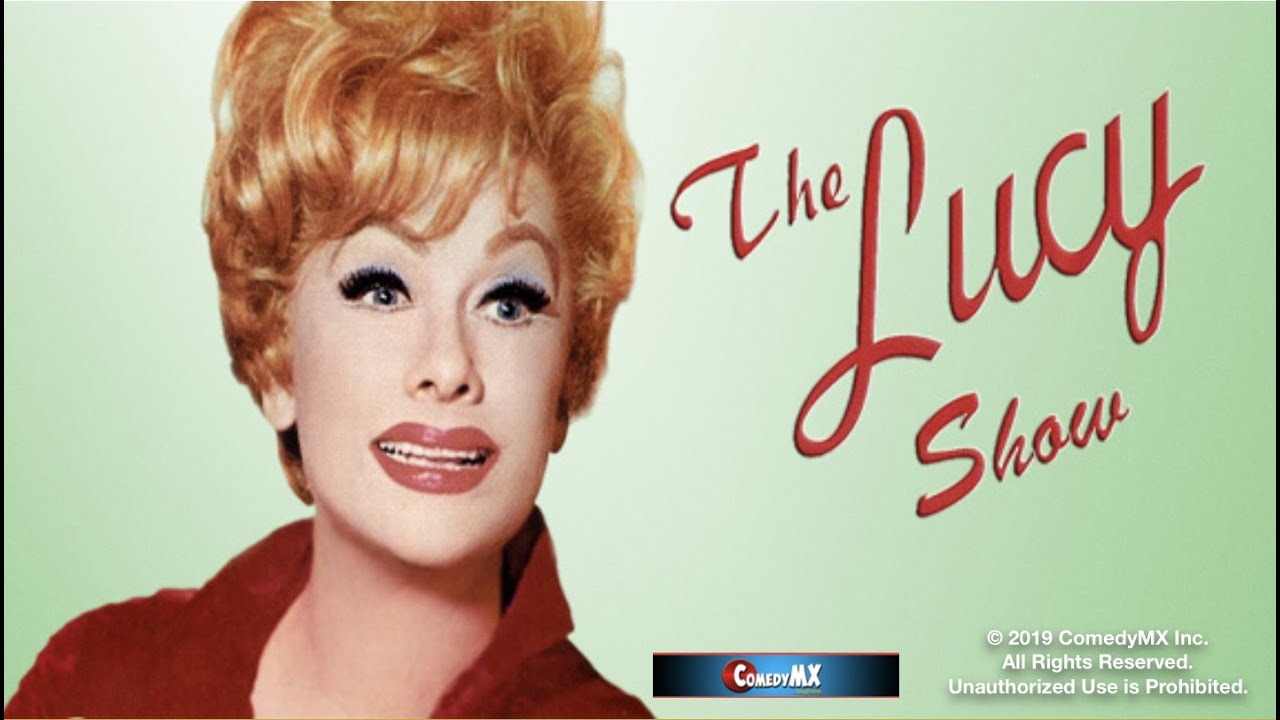In season two of the immersive award-winning docu-series High on the Hog, host Stephen Satterfield travels across the United States to uncover how African-American cuisine has fueled social justice movements, transformed communities and awakened cultural creativity in America in powerful and lasting ways.
SUBSCRIBE: http://bit.ly/29qBUt7
About Netflix:
Netflix is one of the world’s leading entertainment services with over 247 million paid memberships in over 190 countries enjoying TV series, films and games across a wide variety of genres and languages. Members can play, pause and resume watching as much as they want, anytime, anywhere, and can change their plans at any time.
High on the Hog: How African American Cuisine Transformed America | Season 2 Trailer | Netflix
https://www.youtube.com/@Netflix










Great series that beautifully presents vital cultural information. There is an underlying story that gets touched on in this season, but not fully fleshed out, regarding the tangible and persistent separation between those who migrated from the American south and the blood relatives that did not leave. The food became a source of shame for those who left the south and didn’t want to be associated with “the slave diet” as the Muslim brother quoted in relation to their creation of bean pies. It’s a real issue in our heritage that needs a whole series of its own.
I really loved the first season and learned a lot so I can’t wait for this
I’m watching it now it makes me happy and sad at the same time
I don’t know where else to point this out, but in EP1, the host asked how French culinary technique plays a part in Creole gumbo, and the chef simply said that the French “enslavers” got the credit for this cuisine when it should be Senegalese cuisine and the surrounding region in Africa that birthed it
I watched season 1 and I’m here for the untold African American story, but that exchange seemed dishonest to me, clearly gumbo is not based on bouillabaisse and it’s obviously influenced by African cooking what with okra being called “gombo” and all, but when asked about the role of French cooking in gumbo, why were they simply dismissed as slavers? That aside, isn’t it sus that gumbo is based on “roux” and a “trinity” that is essentially two-thirds mirepoix, yet that wasn’t addressed when the question clearly called for it? Sorry, not trying to defend colonizers, but that bit seemed to lose integrity to me as a food enthusiast